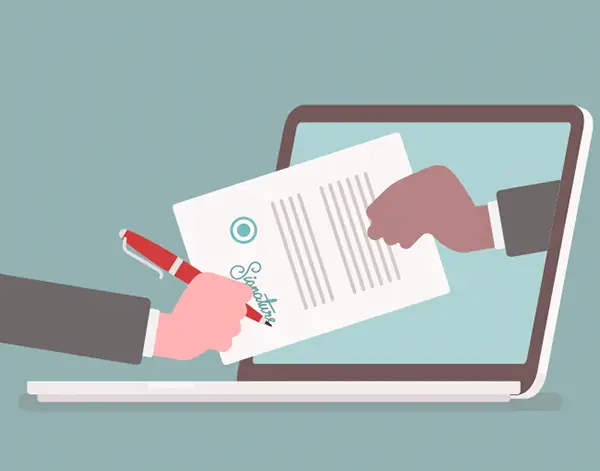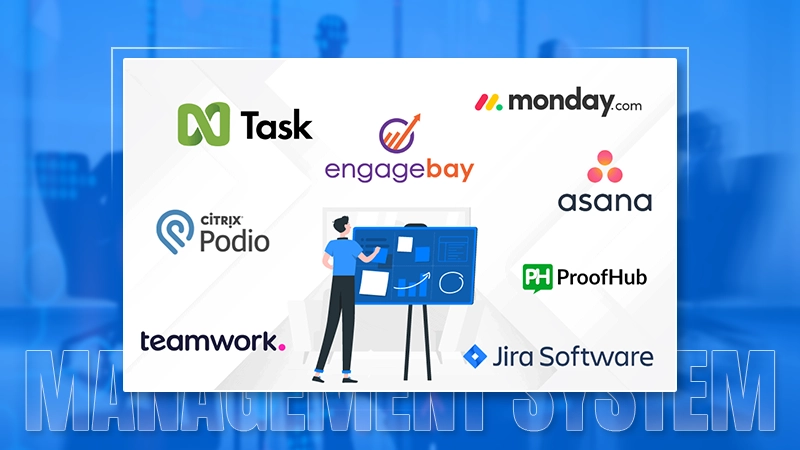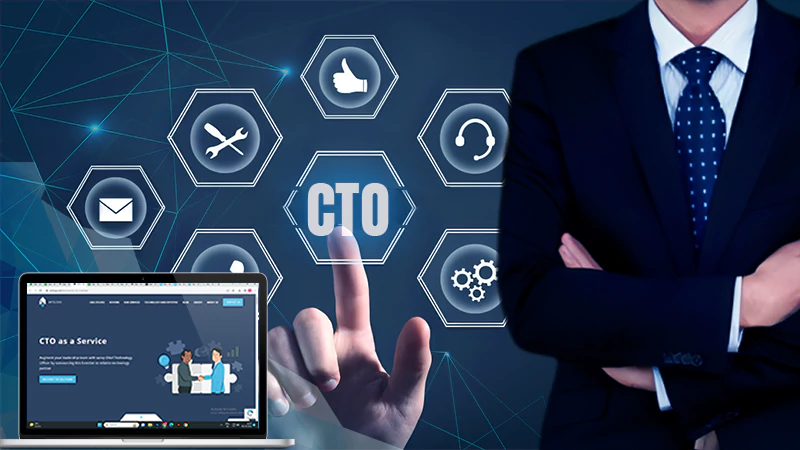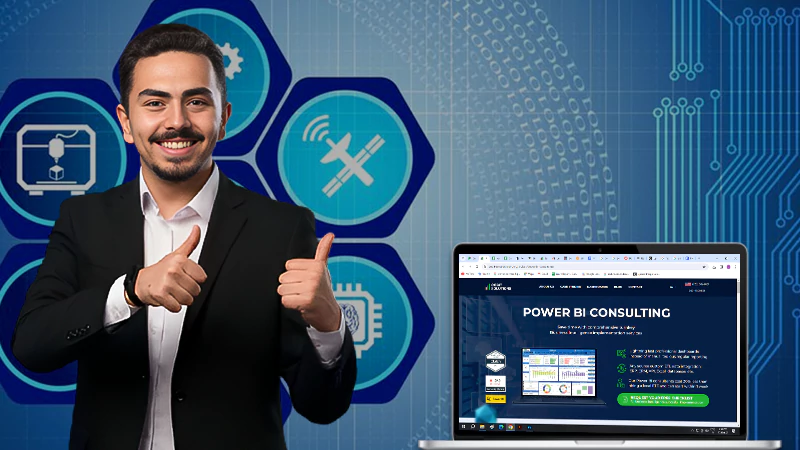The need for automation and paperless operations has become evident access the various industries. The lending institutions, banks, and other asset management companies are actually trying to seek innovative solutions for effectively streamlining their operations, optimizing the customer experience, and increasing efficiency.
One such solution that has gained significant attention is Remote Online Notarization or RON. However, concerns regarding the safety and security of it have also emerged.

A document is valuable when it is notarized against simple self-attestation of a true copy. Notarization is required at many stages of life including visa permits, college admissions, and buying a property. When documents are verified by a qualified notary, it gains equivalence even when the source of the original document is from a different country. Sometimes there may be a need to translate the documents if the source language is different from English or other acceptable languages. Since the many times a person has to notarize their documents are often multiple, in current times when people lack time, it is a good idea to leverage technology and get it done remotely.
What, Why, and Who’s Related to RON
It is a process that allows individuals to complete notarial acts remotely using electronic means. It enables the notarization of documents without the need for the signatories and the notary public to be physically present in the same location. To conduct a remote online notarization, the following steps are typically involved:
Identity Verification
It is important for the signatories to integrate valid identification documents for verifying their respective identities. You can include the IDs issued by the government, passports, or driving licenses. For authentication purposes, biometric verification or facial recognition might be used.
Document Preparation
The document which is supposed to be attested to by the notary is also prepared in the electronic format. It can either be a digital document or a scanned copy of the physical papers.
Online Meeting
The signatories and the notary public connect through a secure video conferencing platform. During the online meeting, the notary verifies the identity of the signatories, ensures their understanding of the document, and confirms their willingness to sign.
Electronic Signatures
The signatories electronically sign the document using digital signature technology. These signatures are securely attached to the electronic document to establish its authenticity.
Notarial Certificate
The notary public adds an electronic notarial certificate to the document, affirming that the notarization was conducted remotely and in compliance with applicable laws and regulations.
Recording and Storage
The entire remote online notarization session may be recorded to create an audit trail. The electronically notarized document, along with the associated notarial certificate and any recording, is securely stored for future reference and retrieval.
Importance of Remote Online Notarization
Accessibility and Convenience
It allows individuals to complete notarial acts remotely, eliminating the need for physical presence. This level of accessibility and convenience is particularly valuable for individuals who face geographical or mobility constraints, making it easier for them to engage in important legal transactions.
Streamlined Processes
By adopting RON, banks, lending institutions, and asset management companies can automate and digitize their notarial processes. This leads to increased operational efficiency, reduced paperwork, faster turnaround times, and improved customer satisfaction.
Cost Savings
It significantly reduces the costs associated with traditional notarizations. It eliminates expenses related to physical infrastructure, travel, and storage of paper documents. Moreover, it eliminates the need for manual paperwork and reduces the risk of errors, resulting in long-term cost savings.
Benefits of Remote Online Notarization
Enhanced Security
It leverages advanced technology to ensure a high level of security and authenticity. Digital identity verification, multi-factor authentication, tamper-evident seals, and secure video conferencing platforms are used to protect the integrity of the notarial process. These measures help prevent fraud and unauthorized access, ensuring the safety of sensitive information.
Robust Compliance
Such platforms adhere to stringent legal and regulatory requirements, including the use of tamper-proof electronic seals and digital certificates. This ensures compliance with industry standards, safeguarding the validity and enforceability of notarized documents.
Tamper-Proof Audit Trail
These platforms maintain a comprehensive audit trail of all activities and interactions during the notarization process. This includes video recordings, document versions, timestamps, and identification verification.
Verification and Authentication
For verification and authentication purposes, the identities of the signatory are utilized by them which has advanced technological integration with it. The government-issued documents for identification, biometric data, and advanced facial recognition technologies are employed for establishing the individual’s identity.
Are Remote Online Notarizations Safe?
There have been rising concerns for the safety and security of RON in spite of providing so many benefits. Addressing these concerns is very important to make the process more reliable. Some of the key points to be taken into account are described here:
Encryption and Data Security
RON platforms employ robust encryption techniques to protect the integrity and confidentiality of the transmitted data. It is important to choose a reputable service provider that follows industry best practices in data security and encryption.
Compliance with Regulations
For ensuring the RON’s safety, it is necessary to verify the service provider that complies with the relevant laws and regulations. Check out the previous service providers list who use to adhere to the regulatory body’s established standards and other measures to protect the people against fraudulent activities.
User Verification
One of the crucial aspects of RON is user verification. It is important for the providers to deploy the operations for verifying the identity, like setting up multi-factor authentication and biometric identification, for ensuring that individuals with authorization can participate in the notarization activities.
Secure Communication Channels
RON relies on secure video conferencing platforms to facilitate remote interactions. Service providers should use encrypted communication channels and implement measures to protect against unauthorized access or interception of sensitive information.
Independent Auditing and Certification
Reputable service providers undergo independent auditing and certification processes to validate the security and compliance of their platforms. Look for providers that have obtained certifications from recognized organizations in the field.
Conclusion:
In terms of accessibility, cost savings, efficiency, and convenience, the RON (Remote Online Notarization) offers highly important benefits. Additionally, it is essential to ensure the safety and security of the operations. When they partner with trusted service providers in the same niche who deploy trustworthy security approaches, which perfectly comply with the rules & regulations, and prioritize enough user verification. Banks, lending institutions, and many other asset management companies can embrace the advantages of the RON without compromising on safety and trust.







